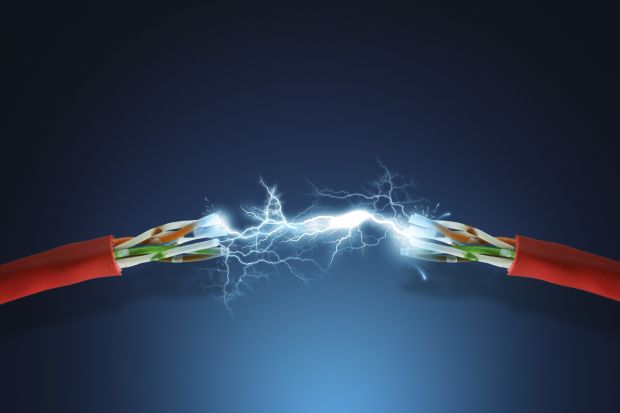Many of the UK’s most eminent scientists did not achieve a first-class degree, while some received third-class honours or worse, a new analysis shows.
Surveying the qualifications of almost 300 experimental scientists who became fellows of the Royal Society, Francis Hooton, an ecology research intern at the University of Glasgow, found that only 54 per cent had gained a first at undergraduate level.
Almost a third (30 per cent) received a second-class degree or worse, while 18 per cent finished with a third-class degree or worse, with some taking a pass with no honours.
One in 10 of those surveyed did not have a degree at all, according to the study, which assessed both contemporary scientists and those from the 19th and 20th centuries.
Mr Hooton claims that the study, published in the Royal Society of Biology’s house magazine The Biologist on 15 February, may help to debunk the general belief that almost all top scientists gain a first at undergraduate level.
“Many of the most well-known scientists on my list got the lowest grades,” explained Mr Hooton.
The findings have “important implications for decision-making when offering PhD places and research jobs” as “clearly degree grades are not a reliable indicator of research ability and potential”, he said.
He also called on academia, research councils and industry to adopt a “more thoughtful approach” when selecting and interviewing students for research jobs.
“The system should mean students who have potential and are motivated but have lower grades can still get jobs, while those with firsts who are not suited to research are prevented from entering the system,” said Mr Hooton, who advises institutions to create their own tests rather than simply relying on an individual’s undergraduate degree grade.
Mr Hooton, who has Asperger’s syndrome, said that his condition affected his undergraduate degree grade, but despite this he later went on to complete a master’s in biochemistry and molecular biophysics at the University of Nottingham after getting support.
Using degree scores alone would have prevented many world-famous scientists from building a successful career if they had lived today, Mr Hooton said.
These include Michael Faraday, who did an apprenticeship, Charles Darwin, who got an “ordinary” degree in theology, and physicist James Joule, who had no degree, Mr Hooton said.
Register to continue
Why register?
- Registration is free and only takes a moment
- Once registered, you can read 3 articles a month
- Sign up for our newsletter
Subscribe
Or subscribe for unlimited access to:
- Unlimited access to news, views, insights & reviews
- Digital editions
- Digital access to THE’s university and college rankings analysis
Already registered or a current subscriber? Login




